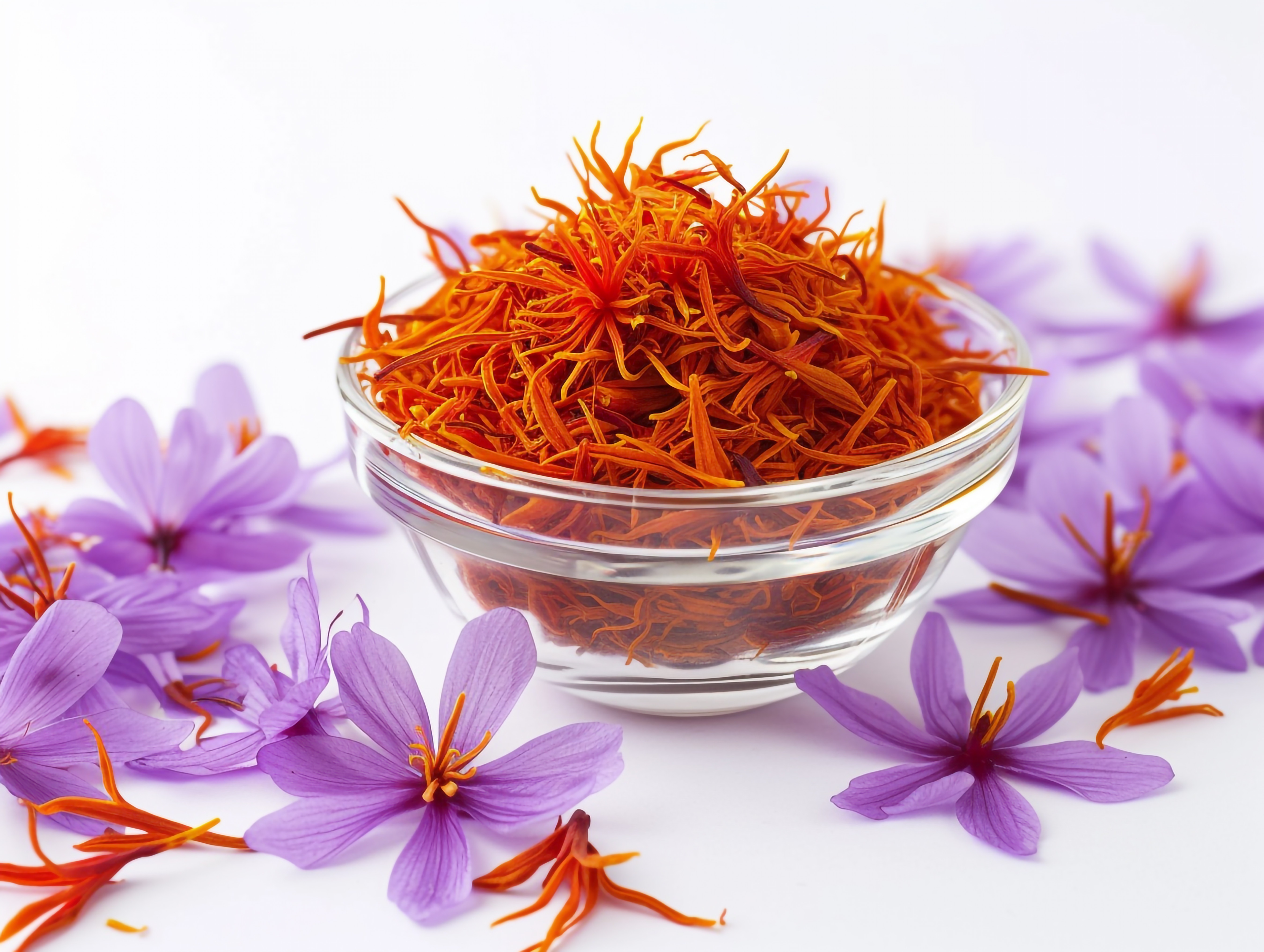Watch out for Notable Photosensitizers
Anaphylaxis Linked to Popular Supplements
Managing Antidepressant Sexual Dysfunction
New Monograph Spotlight: Ilex Guayusa
NEW CE: GLP-1 Agonists: Supporting Success with Nutrition and Lifestyle Considerations
New CE: Supplements of Abuse: Unmasking Potential Risks
Monograph Update: Tart Cherry
Managing Antidepressant Sexual Dysfunction
August 2025Sexual side effects from antidepressants are a frequent concern that can significantly impact patients’ quality of life. While the overall evidence isn’t strong enough to support routine supplementation, here are a few things to consider if patients are interested in exploring this option.
Saffron, derived from Crocus sativus, received attention at this year’s American Psychiatry Association annual meeting as a potential add-on treatment. Its active component, crocetin, seems to boost vascular nitric oxide production, which is key to sexual function in men and women. Two clinical studies suggest that taking saffron 30 mg daily improves arousal, lubrication and pain during intercourse for women and erectile dysfunction and satisfaction in men. But additive effects could occur if saffron is combined with other drugs, herbs, and supplements with hypoglycemic, hypotensive, and sedative effects.
SAMe, formed naturally in the body, is another supplement that has been mentioned in this context. SAMe is known for potential mood-enhancing benefits via increased serotonin turnover and elevated dopamine and norepinephrine. However, some evidence suggests that taking 800-1600 mg daily may also help with subjective symptoms of sexual dysfunction in men taking antidepressants. But keep serotonin syndrome in mind when combining with other serotonergic agents, there's at least one case report with clomipramine.
Yohimbe rounds out the potential options for its alpha-2 adrenergic antagonist activity, which can help counteract some of those sexual side effects. Several clinical studies suggest that taking yohimbine (a constituent of yohimbe) can improve sexual dysfunction associated with antidepressants in men and women, with two studies reporting doses of 15 mg daily. If patients try yohimbe, monitor for hypertension and anxiety, especially in those with cardiovascular conditions or taking other stimulating agents.
While these supplements might offer an alternative approach or are considered for adjunct treatment, it’s important for patients to consult with you before adding any new supplements to avoid potential contraindications, interactions, and side effects.
For a deeper dive into the evidence, check out our Effectiveness by Condition data.
